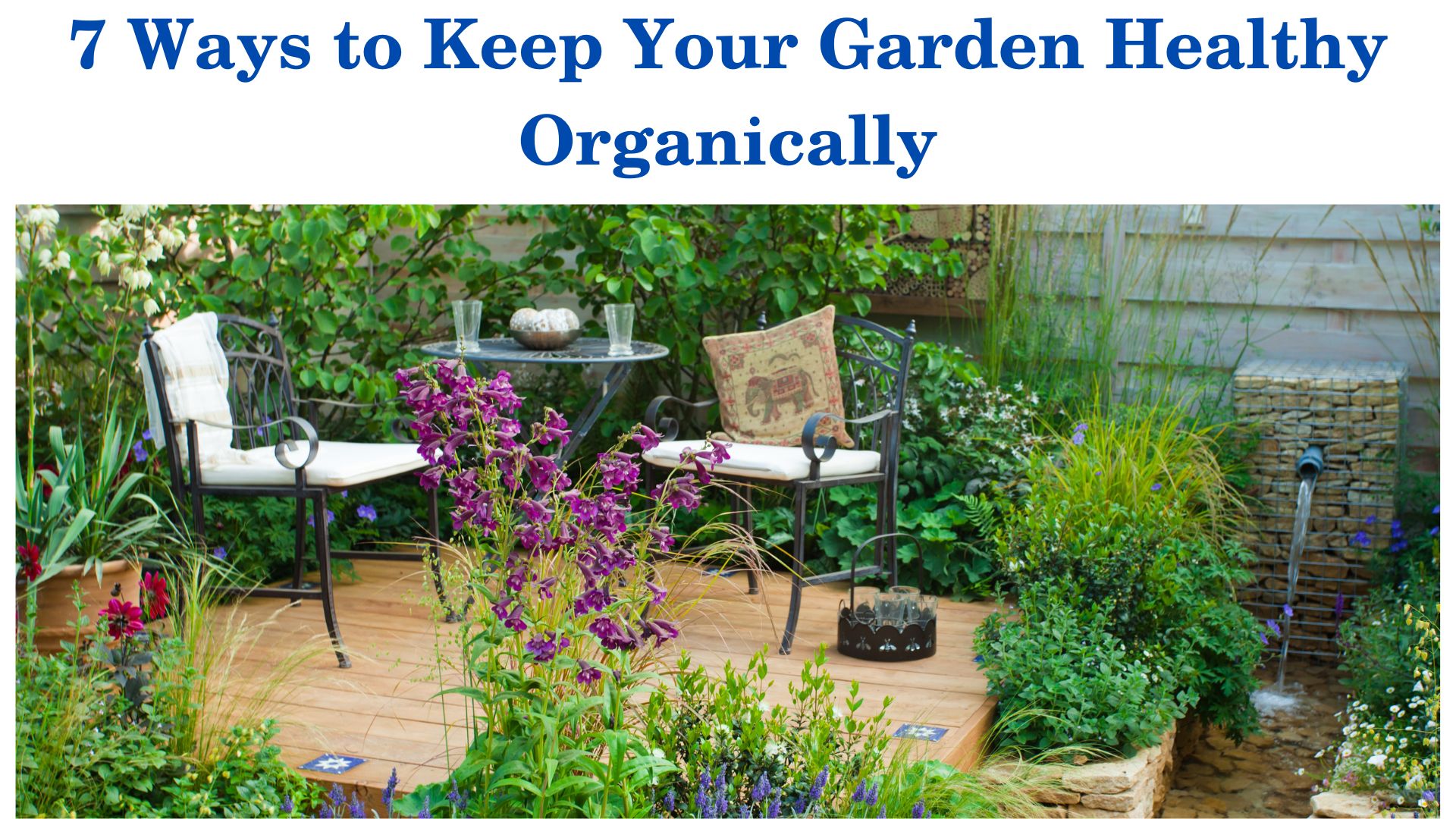
The allure of a lush garden is undeniable, and when you cultivate it organically, you’re not just enhancing beauty—you’re investing in the health of your environment. Organic gardening techniques enrich the soil, conserve resources, and promote a balance with nature. Here are seven natural methods to ensure your garden thrives without synthetic chemicals.
Tip 1. Soil Preparation
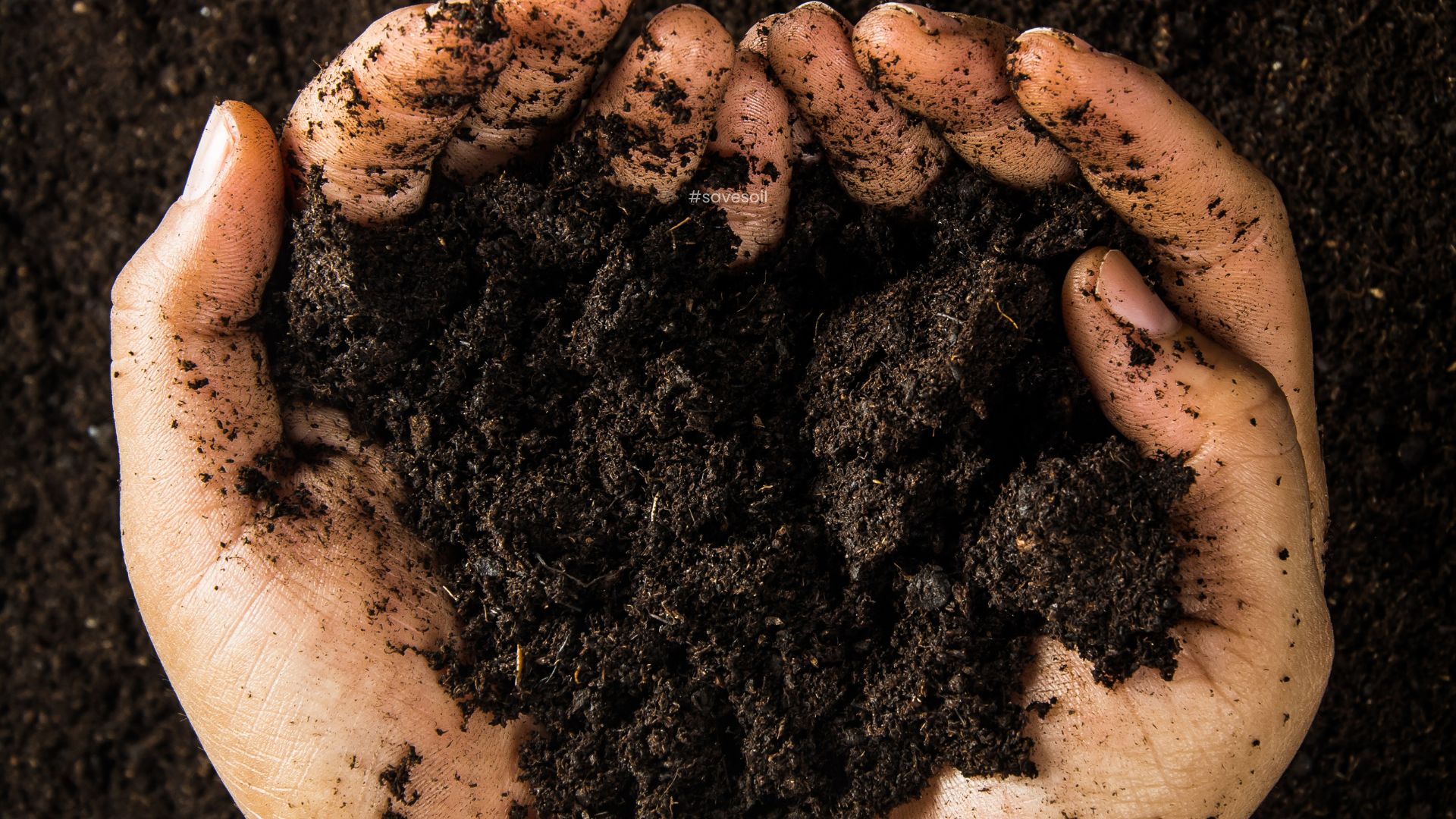
Healthy soil is the foundation of any great garden. Begin by testing the soil pH to understand the pH level preferences of your plants. Adding organic matter, like compost or decayed leaves, can improve soil structure, nourish plant roots, and promote beneficial microbial activity. Finally, protect and nourish your soil by applying a layer of organic mulch, which helps retain moisture and regulate soil temperature.
Tip 2. Companion Planting
Companion planting strategically places specific plants near each other to deter pests, attract beneficial insects, and enhance plant growth. For instance, planting marigolds can help deter nematodes, and growing basil near tomatoes can improve their flavor. Research compatible plant combinations for your garden to create a harmonious ecosystem that promotes health and vigor.
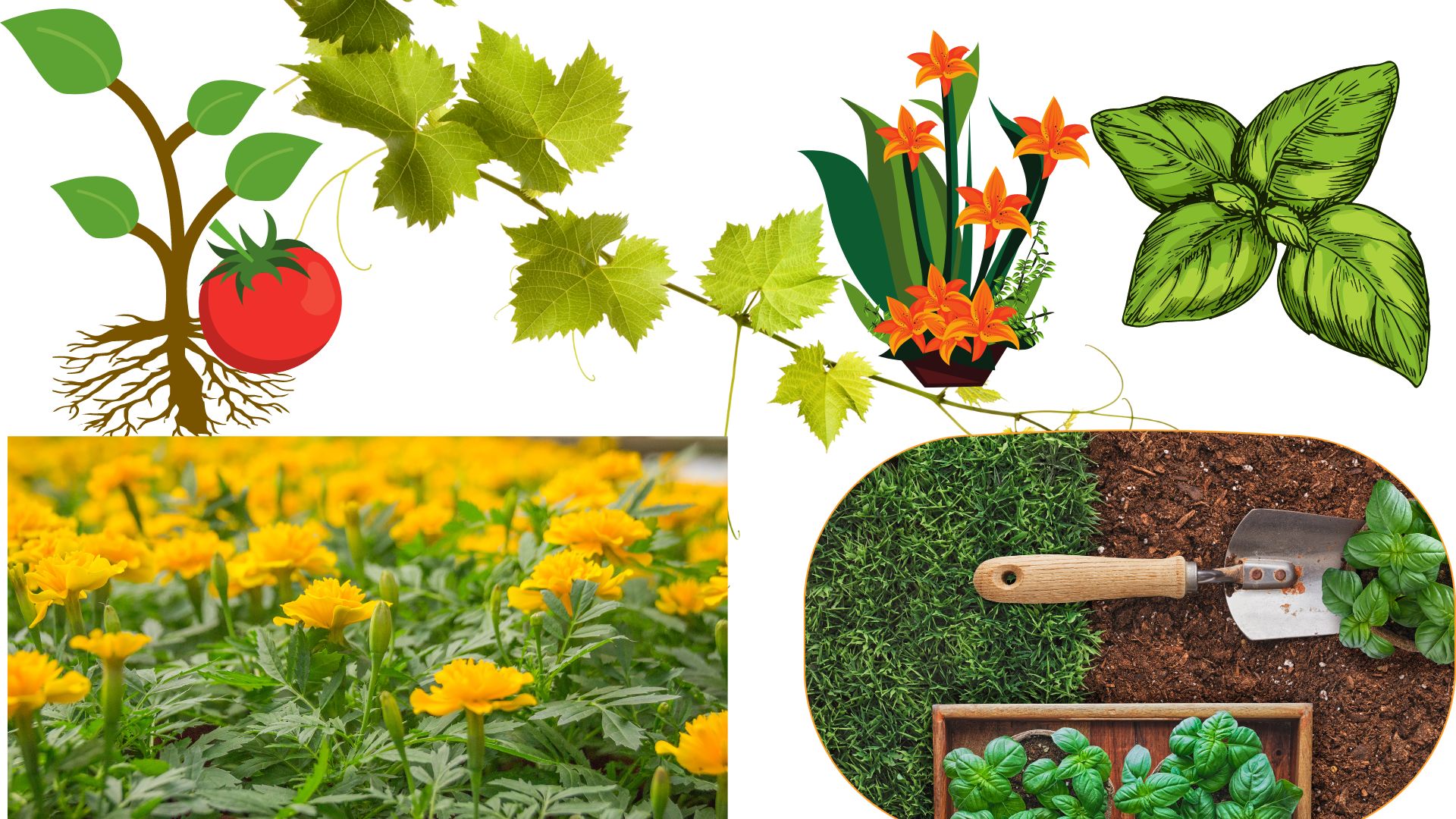
Tip 3. Natural Pest Control

Instead of reaching for chemical pesticides, invite beneficial insects like ladybugs and lacewings that naturally control pest populations. Plant flowers like daisies, sunflowers, and cosmos to attract these helpful creatures. Organic pest repellents, such as neem (Azadirachta indica) oil or insecticidal soaps, can be homemade or bought and used as needed. Additionally, use companion planting to naturally repel unwanted insects, like planting garlic near roses to ward off aphids.
Tip 4. Watering Techniques

Over-watering can be as harmful as under-watering. Implement a proper watering schedule by observing your plants and weather conditions; generally, it’s best to water deeply at dawn or dusk. Use mulch to minimize evaporation and retain moisture in the soil. Collecting rainwater in barrels is an eco-friendly watering option that conserves tap water and provides your plants with untreated, soft water.
Tip 5. Weed Management
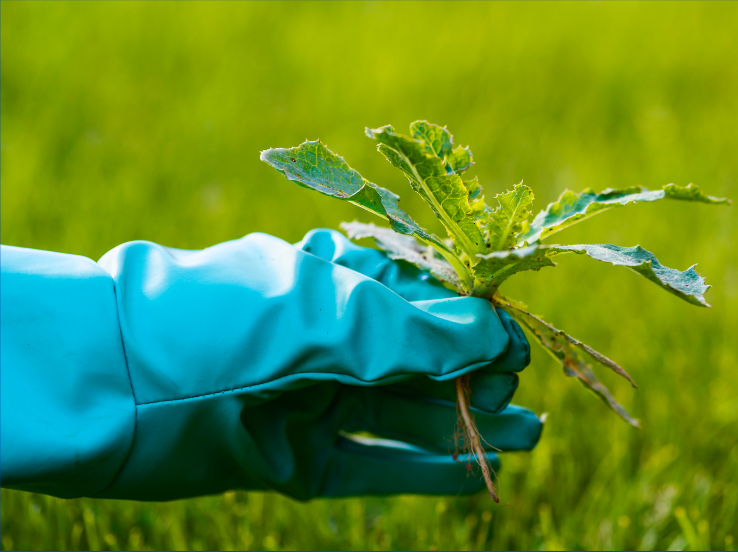
The less competition your plants have for nutrients and sun, the better. Control weeds by hand-pulling, which is most effective when the soil is moist after a rain. Mulching nourishes your soil and suppresses weed growth by blocking sunlight. If needed, use organic weed-control methods like corn gluten meal, which can prevent weed seeds from germinating.
Tip 6. Organic Fertilization
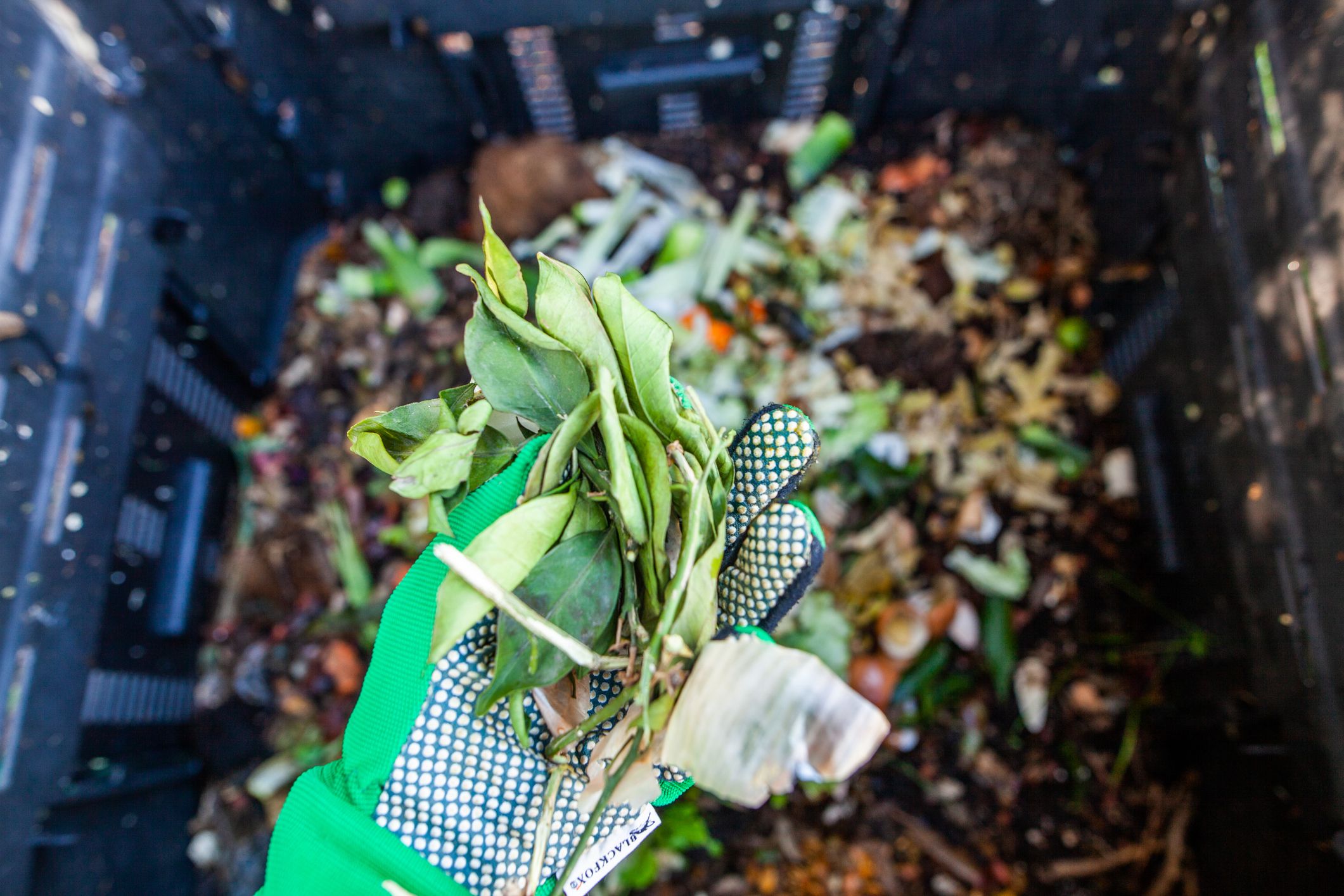
Enhance your garden’s fertility without chemical fertilizers. Start a compost bin to recycle kitchen scraps and yard waste into rich, nutritious compost. Apply pure organic fertilizers such as worm castings or seaweed extracts. Explore natural nutrient sources like well-rotted manure or green manure crops, which also improve soil structure.
Tip 7. Crop Rotation
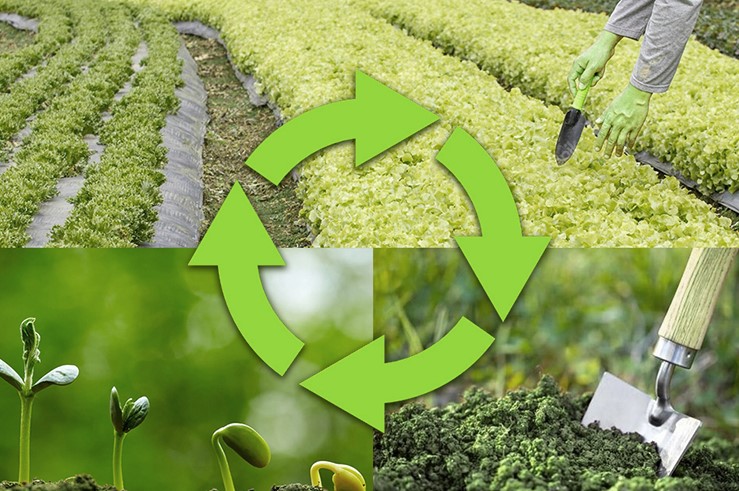
Rotating crops yearly reduces the risk of soil-borne diseases and disrupts pest reproduction cycles. Maintain a rotation schedule by avoiding planting the same or related crops in the same location more frequently than every three years. It helps to maintain a balance of nutrients in the soil and can lead to better, healthier harvests.
Final Words
Organic gardening is a journey back to nature, embodying a harmonious partnership with the environment. Each of these methods contributes to creating a sustainable, thriving garden ecosystem. Embrace organic gardening and watch your garden grow with vitality and vigor, nurturing your plants and the world around you.

Douglas Mackalie is a Founder of Mackalies Garden. He is one of the most exciting people you’ll ever meet. He has 25 years of experience in horticulture and gardening, most of which he’s spent outdoors getting his hands dirty.
